When Do Puppies Get Their Adult Teeth?
Friends and Neighbors,
Every puppy owner has one thing in common: experiencing the joys of baby shark teeth! It seems like they grow a bit more with each passing hour, but when do they officially get their adult teeth? Knowing the timeline can help you keep them comfy during this growth period of their life. In this article, we are going to talk about what to watch for and how to care for them properly.
Baby Teeth aka Baby Shark
Puppies are born toothless, but their baby teeth, or deciduous teeth, start to appear around three to four weeks of age. By six to eight weeks, most puppies have a complete set of 28 baby teeth. These teeny, tiny sharp teeth will eventually be replaced by adult teeth.
Adult Teeth
The transition from baby teeth to adult teeth starts at about three to four months old. During this time, the roots of the baby teeth are reabsorbed as adult teeth push through the gums. This can be a little painful for your pup. This is the phase where you want to be extra mindful of your hands, shoes and remote controls!
Signs of Teething
Chomping and Chewing: Puppies aren’t exactly known for their manners in the first place, but during the teething period, you will notice your pup getting a hold of basically anything they can! It’s crucial for their health (and your furniture!) to provide safe chew toys.
Drooling and Swollen Gums: A common sign of teething is excessive drooling and swollen gums. As your puppy copes with the discomfort of their adult teeth growing in, keep an eye on the mouth to make sure you don’t see excessive amounts of blood or gunk.
Temperament Changes: During this phase, your usually bouncing puppy might have moments of disinterest. If they take a moment to rest - let them! If they aren’t super interested in their regular food, offer some pumpkin paste or peanut butter. If your pup hasn’t eaten or gone potty in over 24 hours, contact your nearest veterinarian immediately.
How to Help Your Puppy Through the Teething Process
Safe Chew Toys: Think your puppy would never be able to get that one thing you put out of their reach? Think again! Puppies will chew on almost anything during teething, so be extra diligent about tucking away items behind closed doors when possible. Keep safe chew toys around to pique their interest instead!
Monitor Behavior: A good rule of thumb for any pet owner is to be cognizant of any changes in your pup’s behavior. Pay attention to their usual temperament and habits. If you notice signs of discomfort or pain, contact us to rule out any underlying issues.
Patience is Key: Having a puppy is its own full time job! It can be frustrating at times having a tiny tornado around the house, but your patience is key. Stick to a routine as best as you can and be sure to provide your growing pup with lots of love and support.
When it’s Time to Come See Us
Stubborn Baby Teeth: Sometimes baby teeth don't fall out as they should, leading to overcrowding and potential dental issues. If your puppy still has baby teeth alongside their adult teeth, contact us to schedule a vet visit.
Wonky Growth Patterns: If adult teeth grow in crooked or misaligned, your vet can assess and recommend appropriate treatment.
Bleeding or Pain: Some gum bleeding is normal, but excessive bleeding or severe pain is not. If your puppy seems significantly uncomfortable or you notice a lot of blood it’s time to see a vet.
Dental health greatly impacts the overall well-being of pets at any age. Understanding the timeline of puppy teething helps set you and your pup up for success! At BLVD Vet, we provide full dental care.
We hope you find these tips useful and that they help keep your pets happy and healthy. Don’t hesitate to reach out if you have any questions. We are always here for you and your pets!
Sincerely,
The BLVD Team



